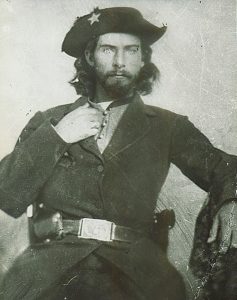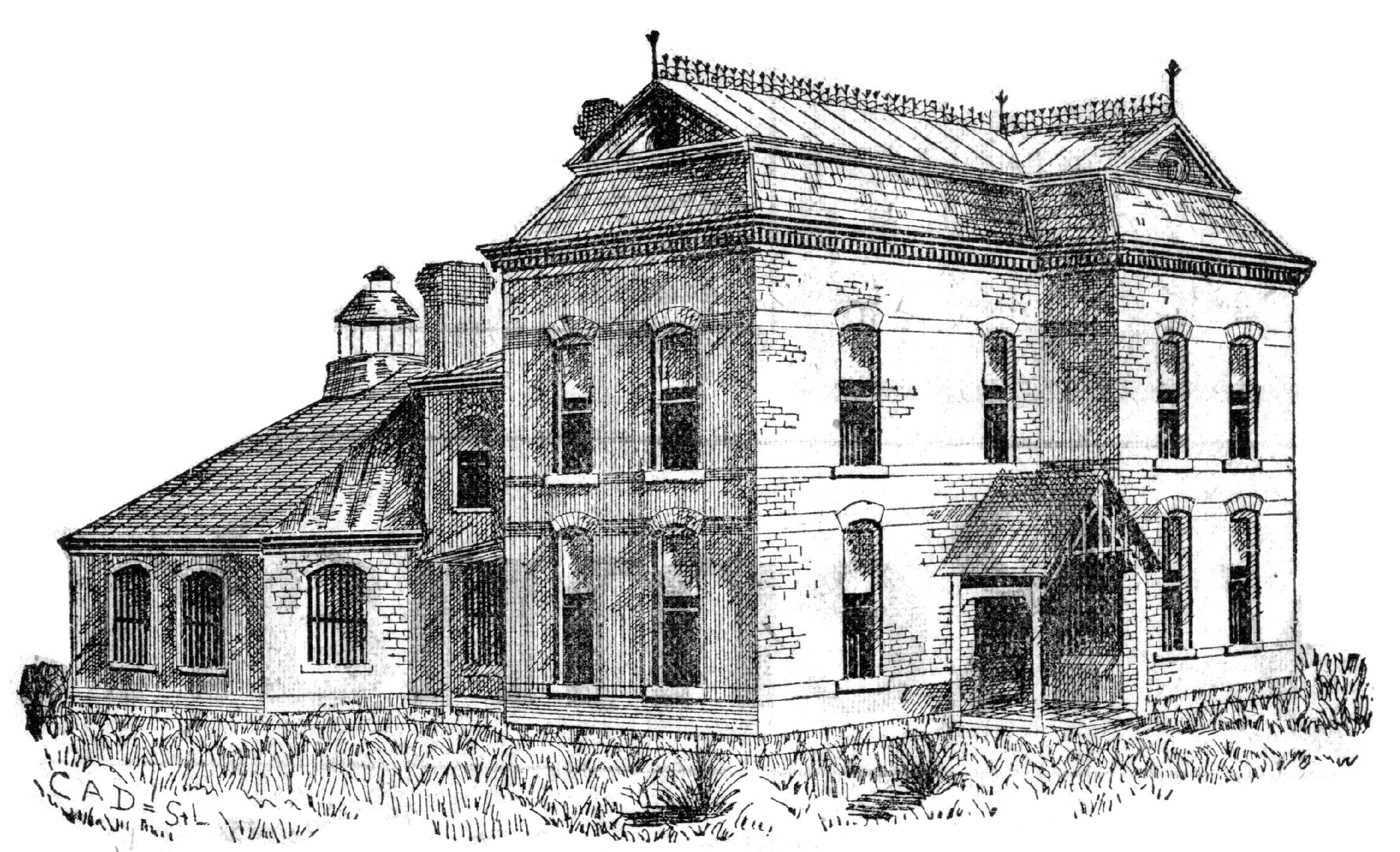A Gallatin, MO, school boy returned home in November, 1898, as a major in the U.S. Fourth Calvary headed to Manilla, Philippines. Charles Morton offered this report of his experiences while visiting with friends in Gallatin — spanning Civil War and Indian campaigns, fresh from promotion within Teddy Roosevelt’s Rough Riders at Santiago.
Major Morton visited with boyhood friends W.C. Gillihan and S.T. Brosius. Morton was also the guest of Judge H.C. McDougal and Col. R.T. Van Horn. Morton had recently been promoted from captain to major by Teddy Roosevelt for valorous conduct in the Santiago campaign. Separated from the 4th, Major Morton rode fiercely to the front with the charge of Roosevelt’s Rough Riders.
Major Morton then had 36 years of army service, starting at the age of 15 as a musician, and later as an orderly on the staff of Col. Van Horn at the Civil War battle of Shiloh. Morton was with Major Cox when “Bloody” Bill Anderson, the famous guerilla, was killed in neighboring Ray County. Morton was presented with one of Anderson’s pistols for his services that day, Oct. 27, 1864. He reported that he was in over 30 battles during the Civil War.

William T. Anderson (1840-1864), known as “Bloody Bill” Anderson, was one of the deadliest and most brutal pro-Confederate guerrilla leaders in the American Civil War. Anderson led a band that targeted Union loyalists and Federal soldiers in Missouri and Kansas. He was killed in a Union ambush near Richmond, MO.
After the Civil War, Morton completed his schooling (1865-66) in Gallatin and was off to battle in the Indian campaigns.
Morton was a West Point graduate and his first commission was in the U.S. Third Cavalry. He was in the Rosebud campaign and promoted to captain for gallantry in 1875. His brother, Capt. William A. Morton, was publisher of the Hamiltonian in neighboring Caldwell County, MO, and later the Little Rock Republican. Other brothers included John and Marcus, both of Hamilton, MO.
Major Morton departed from Gallatin about Dec. 1, 1898, for Walla Walla, WA, and anticipated to be ordered to Manila in the next few weeks. Major Morton reported that the hardships of the Spanish War were not so bad as some of his Indian campaigns on the western frontier.

